
Rohingya crisis a political hot potato in Indonesia.
Sydney, MINA – While Prime Minister Malcolm Turnbull would not commit to raising the issue of Myanmar’s Rohingya crisis at the Sydney meeting of ASEAN leaders this weekend, Indonesia’s leader promised he would.
President Joko Widodo said that he would raise the crisis, which UN officials have said appears to be genocide, with the group of regional leaders. Myanmar is a member of the 10-country group, represented at the meeting by state counsellor and foreign affairs minister Aung San Suu Kyi.
“Yes, we want to solve this problem together, of course with Myanmar and also with others and also with our colleagues in ASEAN and with Australia,” Indonesia’s leader told Fairfax Media in an interview ahead of the summit. “Yes, I want to talk to the other leaders in Sydney.”
Pressure on the issue is unwelcome with Ms Suu Kyi, and other ASEAN leaders are uncomfortable discussing matters of human rights in the forum because they fear scrutiny of their own countries’ conduct.
Also Read: Saudi Arabia Reduces Umrah Visa Validity to 30 Days
Some 700,000 people of the Rohingya ethnic group, predominantly Muslims, have fled Myanmar in the last year, claiming that they are victims of a systematic, violent purge by Myanmar’s military. Myanmar’s population is overwhelmingly Buddhist.
Mr Turnbull undertook to raise the subject with Ms Suu Kyi in bilateral talks but declined to commit to tabling the topic during his meeting with the larger group of 10 ASEAN leaders.
Indeed, he was careful to avoid using the word “Rohingya” in remarks to the press on Friday. The Myanmar government rejects the term because Rohingya are not listed as one of the 135 recognised ethnic groups in the country. It calls them Bengali after the place of their historic origin.
In an interview with Fairfax Media, Mr Turnbull said Australia had already given $315 million in aid to support the refugees who have fled into Bangladesh and was assisting Indonesian efforts at reconciliation talks in the conflict zone.
Also Read: Afghanistan, Pakistan Extend Ceasefire After Türkiye-Qatar Mediation Talks
But, putting priority on his “respect for the centrality of ASEAN” and “respect for the consensus model” of ASEAN, Mr Turnbull declined to put the subject on the agenda with the group when he meets the ASEAN leaders en masse in a summit on Sunday.
Mr Joko, however, has taken leadership in trying to address the crisis. He told Fairfax Media: “I have talked with Turnbull about this problem. It’s complicated, it’s not easy, but we want to talk about that.
“We want to talk about that in Sydney, because when I had a visit to Cox’s Bazar [refugee camp in Bangladesh] I went to see the situation and I also talked to the refugees.”
ASEAN has been shamefully silent
Also Read: President Prabowo Emphasizes ASEAN Unity Amid Global Tensions
The UN’s special rapporteur on human rights in Myanmar, Yanghee Lee, earlier this week said she was increasingly convinced the events unfolding in Myanmar and Bangladesh constituted “genocide”.
Amnesty International’s Director for Southeast Asia and the Pacific, James Gomez, this week called for ASEAN leaders to take a strong stand against the violence and ethnic cleaning of the Rohingya.
“The human rights crisis in Rakhine State, and Myanmar as a whole, must be top of the agenda this weekend in Sydney. ASEAN has been shamefully silent on what is happening in one of its member states so far,” Mr Gomez said.
Amnesty has also released new footage and a report that it says showed Rakhine State, which is home to the Rohingyas, has been militarised at a rapid rate.
Also Read: Timor-Leste Officially Becomes ASEAN’s 11th Member: Key Facts You Need to Know
On Friday, Save the Children warned of a looming health crisis facing the Rohingya refugees in Bangladesh as the monsoon season approaches.
With more than three metres of rain expected to be dumped, the aid organisation said the potential for a “new and deadly health emergency is very real”.
Myriam Burger, the organisation’s health adviser in Cox’s Bazar, where the majority of refugees are living, said the monsoon could cause damage to an estimated quarter of all toilets in the camps and to half of all the wells, “with the mixture of overflowing human waste and floodwater a recipe for disaster”.
“We’ve already had outbreaks of measles and diphtheria and now, with extreme overcrowding, alarming levels of malnutrition among children under five and the monsoon on our doorstep, another health emergency is waiting in the wings,” she said.
Also Read: Trump Attends 47th ASEAN Summit in Kuala Lumpur, Highlights Stronger US-Asia Ties
Only about a quarter of the Rohingya children in Bangladesh have access to education, she said.
The United Nations has launched an appeal to raise $US950 million ($1.2 billion) to meet the needs of the people in the camps. (T/RS5/RS1)
Mi’raj Islamic News Agency (MINA)
Also Read: Cambodia and Thailand Sign Peace Deal After Deadly Border Clashes





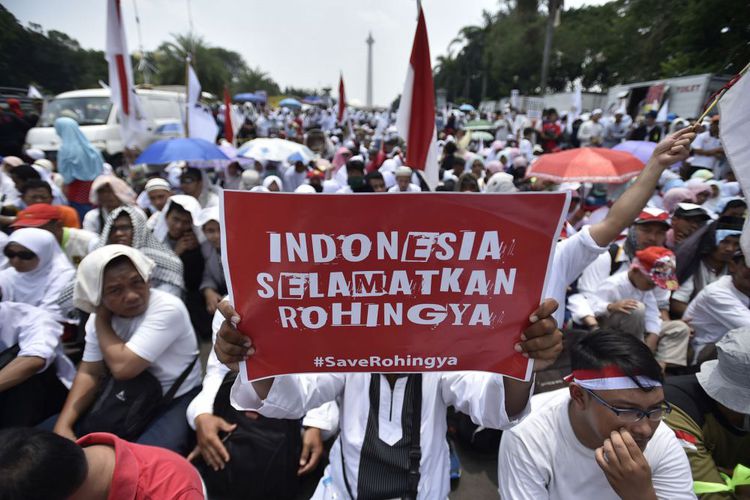

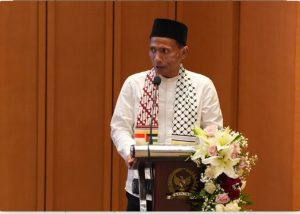
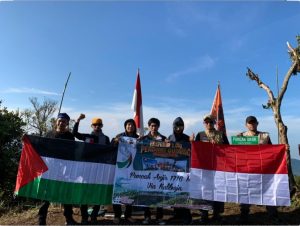

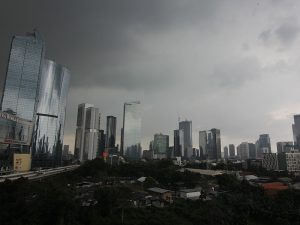
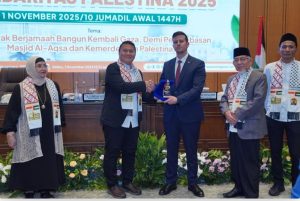


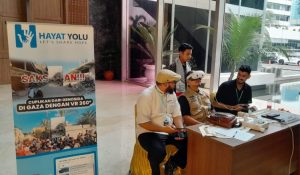
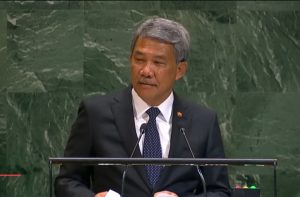
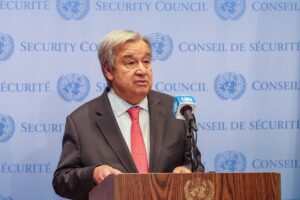
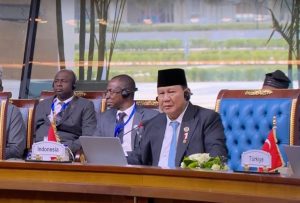

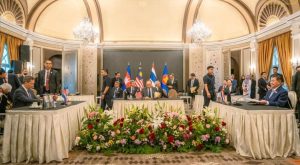
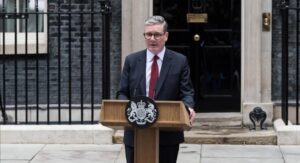



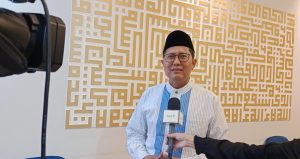







 Mina Indonesia
Mina Indonesia Mina Arabic
Mina Arabic